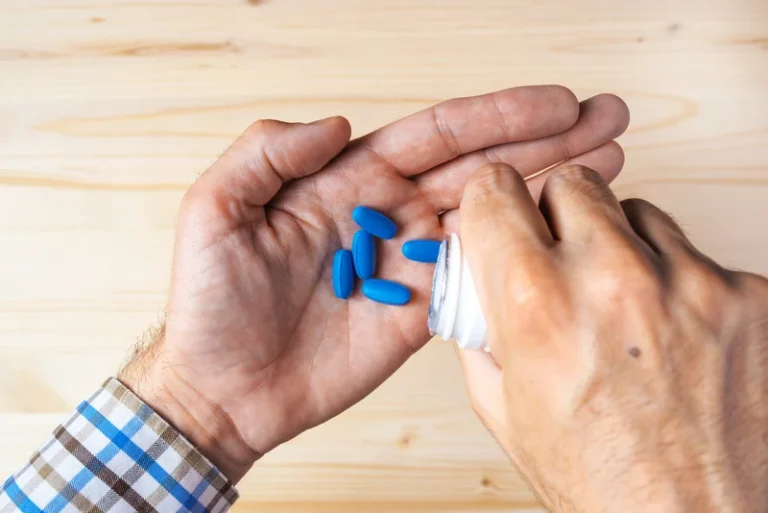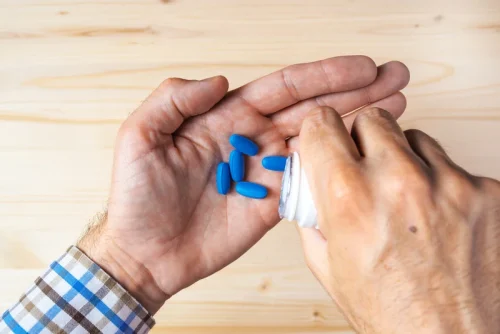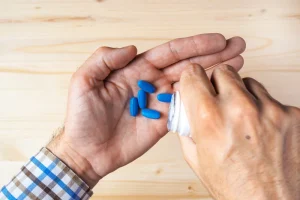
People with OUDs often require treatment to recover from heroin addiction. Treatment can include a combination of medication, therapy, and support groups. Some people may also experience withdrawal marijuana addiction symptoms if they stop taking heroin suddenly. If a person takes too large a dose, they may unintentionally overdose. Heroin is a highly addictive drug that some people use for recreational purposes.
How Can I Find Rehab Centers Near Me for Heroin Addiction?

Coverage may vary depending on your needs and insurance plan. To find out if your policy covers rehab, click here, or fill out the form below. Occurring more frequently in the U.S., heroin purchased on the street may be “cut” or contaminated with other dangerous and extremely potent opioids, such as fentanyl or carfentanyl. These agents are often fatal to the user, and deaths have been reported. Heroin overdose is a medical emergency that requires treatment with naloxone.
- Each approach offers unique benefits for supporting individuals in recovery from heroin dependence.
- Patients should also talk to their health care provider about the benefits of naloxone and how to obtain it.
- And don’t share your opioid medicines or take other people’s opioids.
What are the Short- and Long-Term Effects of Heroin?
Treatment for OUDs often involves a combination of mental health services and medications. If a mother uses heroin while she’s pregnant, the baby may be born physically addicted to heroin too. If this happens, the baby may experience neonatal abstinence syndrome. They will need to detox and go through withdrawal after birth.
Health Care Providers
Relapse prevention and aftercare can help a person continue to manage triggers and stressors, so they don’t resume drug use. Some people use the drug only heroin addiction treatment on occasion, such as on weekends, without increasing the dose. However, with regular use, people develop tolerance, and they need more of the drug to achieve the same effects. If you or someone you know uses opioids, it is a good idea to have a free naloxone kit . Naloxone is a medication that can temporarily reverse the effects of an opioid overdose and allow time for medical help to arrive. Prescribers of buprenorphine are already subject to DEA oversight by virtue of needing an agency registration to prescribe any controlled substance.
What are the treatments for heroin use disorder?
- As with most drug side effects, this release is only temporary — which leaves some people wanting more of the “good” feeling.
- Like many other medical conditions, evidence-based treatments are available for OUD, but seeking treatment remains stigmatized.
- Heroin is abused through various methods, including injecting, snorting, and smoking, each of which delivers the drug into the bloodstream at different speeds.
- If a person takes too large a dose, they may unintentionally overdose.
These signs contribute to a cycle of escalating dependency and pose a high risk for severe health consequences, including respiratory depression and overdose, as noted by Sporer, 1999, in Acute heroin overdose. When people addicted to opioids like heroin first quit, they undergo withdrawal symptoms (pain, diarrhea, nausea, and vomiting), which may be severe. Medications can be helpful in this detoxification stage to ease craving and other physical symptoms that can often prompt a person to relapse.


While not everyone who takes legal painkillers or recreational substances becomes addicted, some people won’t be able to stop taking them. If a person takes an opioid repeatedly over time, the brain doesn’t naturally produce dopamine as it once did. This results in the person taking higher or more frequent doses of the opioid in order to achieve the same level of good feeling.

On supporting science journalism
The ICD-10 code for heroin addiction is F11.20, which classifies it as opioid dependence without physical complications. This classification aids medical professionals in identifying and standardizing treatments for heroin-related substance use disorders. The primary causes of heroin addiction are varied, including genetic predispositions, prior exposure to prescription opioids, and environmental factors like stress and trauma.
Treatment Options for Heroin Addiction
Reach out to one of our caring admissions at navigators free at to learn about treatment options and help you get started on the path to a happier, healthier, and substance-free life. Outpatient treatment for heroin addiction means a person can live at home and travel to a rehab facility for treatment services. Like inpatient treatment, it can also occur on different levels of care including intensive outpatient programs (IOPs) or partial hospitalization programs (PHPs), which are highly intensive and supportive programs. A variety of effective treatments are available for heroin use disorder, including both behavioral and pharmacological (medications). Both approaches help to restore a degree of normalcy to brain function and behavior, resulting in increased employment rates and lower risk of HIV and other diseases and criminal behavior. Although behavioral and pharmacologic treatments can be extremely useful when utilized alone, research shows that for many people, integrating both types of treatments is the most effective approach.

Risks of Opioid Use Disorder (OUD) and Overdose
But =https://ecosoberhouse.com/ if you’re going to take heroin, there are steps you can take to lessen the chances of serious health consequences, including overdose or death. You may develop a substance use disorder if you use heroin regularly for 2-3 weeks. This means your drug use causes health problems, disabilities, and trouble at home, work, or school. You can expose your baby to heroin if you use drugs while you’re pregnant. This raises the odds that your unborn child will become dependent on heroin and have withdrawal symptoms when they’re born.
